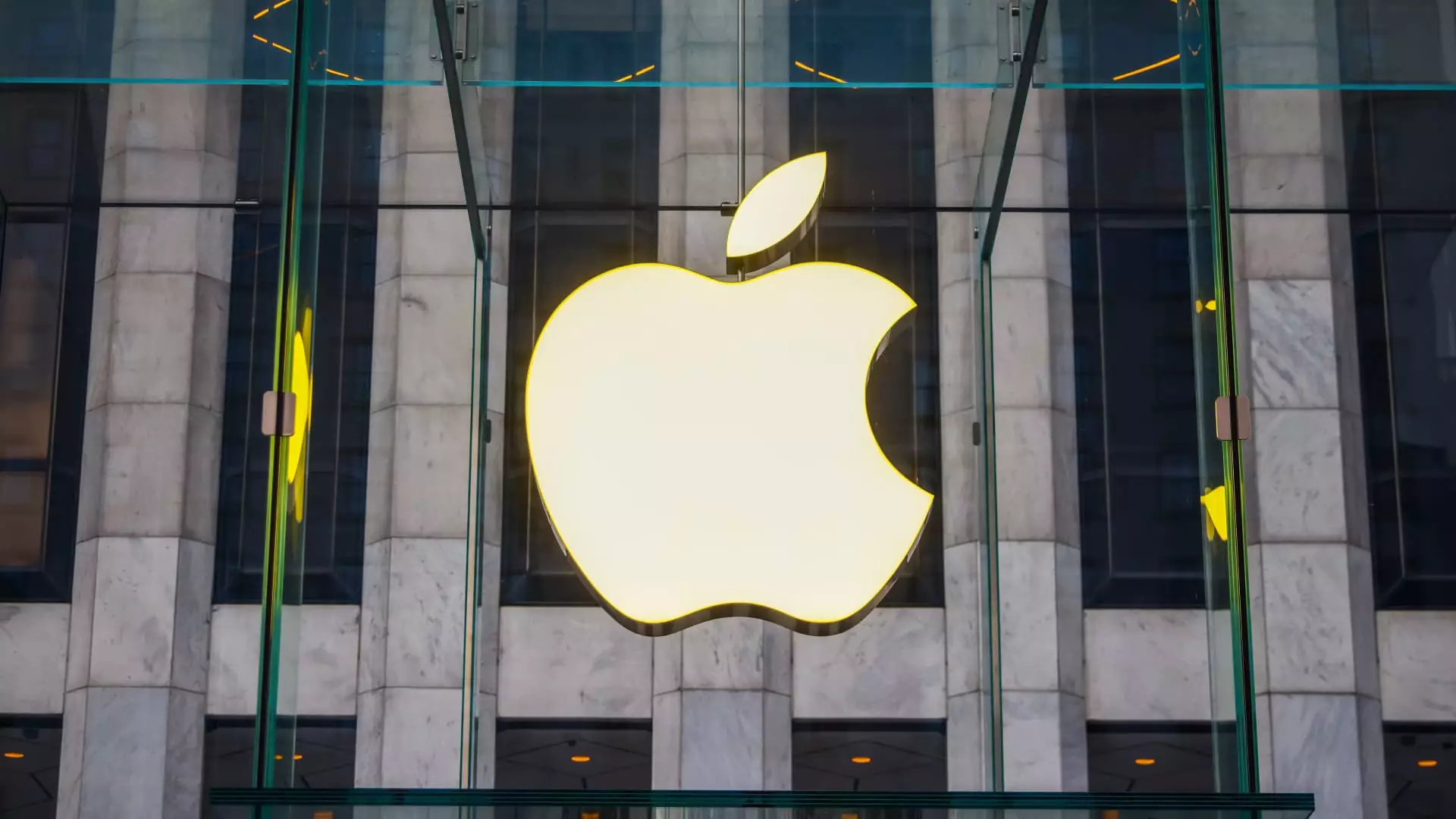Apple Inc. has once again dominated the headlines, in part due to notable investment moves from Berkshire Hathaway, the investment conglomerate headed by Warren Buffett. The recent earnings report from this Omaha-based firm revealed a significant adjustment in its Apple stock holdings. Reflecting a complex market landscape, Berkshire Hathaway has trimmed approximately 25% of its stake in Apple during the third quarter, reducing its total investment to around $69.9 billion as of late September. Despite this, Apple continues to be the cornerstone of Berkshire’s portfolio, raising critical questions about investor sentiment and the implications for the tech giant moving forward.
The decision by Berkshire Hathaway to sell a substantial portion of its Apple shares is intriguing and prompts speculation regarding the firm’s strategy. While Berkshire’s holdings in technology have historically been strong, the recent adjustments also align with a broader trend of divesting from other stakes, such as Bank of America. With Berkshire’s cash reserves exceeding $300 billion, the rationale behind these moves remains partially obscured. It’s important to consider Buffett’s famous principle of maintaining investment regardless of market fluctuations, making these sales potentially more about profit-taking rather than a lack of faith in Apple’s core business model.
Investors aren’t overly alarmed by this sell-off, showcasing a notable level of trust in Apple’s resilience within the competitive tech landscape. Despite Apple shares experiencing a dip of 1% shortly after the earnings report, along with an overall decline of 5.5% from its historic peak of $236 achieved on October 21, the market’s reaction appears tempered. This juxtaposition suggests that although Berkshire Hathaway is altering its holdings, it does not signal an impending decline for Apple, but rather reflects strategic reallocation within a diversified portfolio.
Contrary to the changes in Berkshire’s holdings, Apple’s latest quarterly earnings exceeded market expectations in terms of revenue and earnings per share. Nevertheless, the stock doesn’t enjoy a unanimous bullish outlook from Wall Street. This mixed sentiment is highlighted by Loop Capital’s downgrading of its price forecast for Apple, reducing it to $275 per share from a previous target of $300. Interestingly, this still indicates nearly a 24% potential upside based on Friday’s closing figures, which hints at underlying optimism, albeit cautious.
On the other hand, analysts from Morgan Stanley pointed out that Apple has achieved decade-high operating margins, signaling strong operational efficiency. Furthermore, BofA analysts noted increased global App Store revenue and download figures in October, underlining continued expansion in the services segment—a crucial area for Apple as hardware sales face saturation. Together, these insights create a complex tableau that reflects both opportunities and challenges as Apple navigates through financial fluctuations and shifting consumer preferences.
Investors frequently encounter an onslaught of news and analysis that can lead to emotional trading decisions. In these turbulent times, voices like Jim Cramer’s urge investors to “own it, don’t trade it.” Cramer emphasizes the importance of maintaining a long-term perspective, particularly when navigating through headlines that might provoke knee-jerk reactions. He suggests that Buffett may simply be capitalizing on high stock prices rather than projecting an unfavorable outlook for Apple’s future.
Cramer’s perspective underscores a vital investment principle: maintaining focus amid market noise. While Berkshire’s actions may stir conversations, they should not overshadow the underlying fundamentals and long-term potential of the company. As Apple continues to innovate and adapt in an ever-evolving technological landscape, stakeholders are encouraged to remember the broader picture.
In essence, the interplay between Berkshire Hathaway’s selling activity and Apple’s market performance illustrates the intricacies of investment strategy and market sentiment. As Apple adapts to shifting dynamics, staying informed and focused on long-term goals is paramount for investors. With solid earnings, strategic migration into services, and overarching trust in the brand’s resilience, it would be prudent for stakeholders to navigate the market with a composed and informed approach. While noise may disrupt the superficial calm of markets, the underlying currents often point towards growth and opportunity.

Leave a Reply